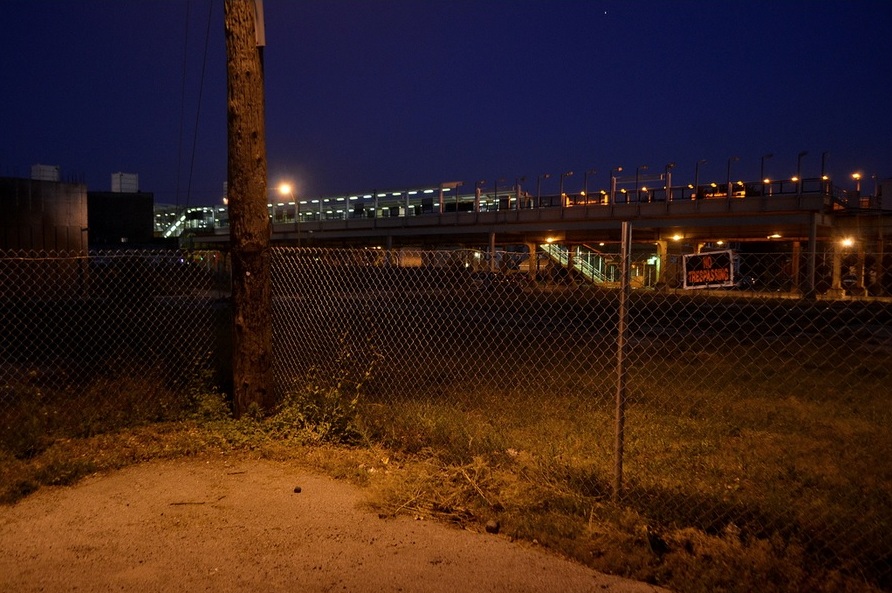City To Expand Vacant Lot Purchase Program With No Discernible Track Record Of Success Yet
By Chuck Sudo in News on May 6, 2014 8:35PM
It’s apparently a good day for the Emanuel administration to declare pilot programs a success. The mayor’s office announced Tuesday it is moving forward with a program where it’s selling vacant lots for one dollar to prospective homeowners, non-profits and book clubs.
City Council approved the program in February and put up 3,500 lots in the Englewood and Woodlawn neighborhoods for sale. To date, a little more than 400 applications have been received for 500 lots in the “Large Lot” program. None of the lots have been sold and the applications are currently under review by the Chicago Department of Planning and Development. That isn’t stopping Mayor Emanuel or Planning and Development Commissioner Andrew Mooney from declaring the program a success (“We received some applications!”) and expanding the program to 500 city-owned lots in East Garfield Park starting July 1. Mooney told the Tribune, "We were frankly amazed at the immediate response. Within the first day we'd received roughly 100 applications." (Mooney made no mention of the drop-off in applications after.)
Emanuel said the program’s success in Englewood-Woodlawn “is a testament to the strides the City’s ‘Five-Year Housing Plan’ is making toward revitalizing our neighborhoods and empowering communities.” To qualify for one of the lots an applicant must already own property on the same block in the community area; be current on property taxes; and have no financial obligations to the City. Lots proposed for purchase must be owned by the city, be vacant, and have residential (R) zoning. Properties will be sold “as is” via a quitclaim deed. Eligible applicants will be able to purchase up to two parcels under the program.
The Large Lot program is part of Emanuel’s “Five Year Housing Plan,” which will invest $1.3 billion to create, improve, and preserve more than 41,000 units of housing.
